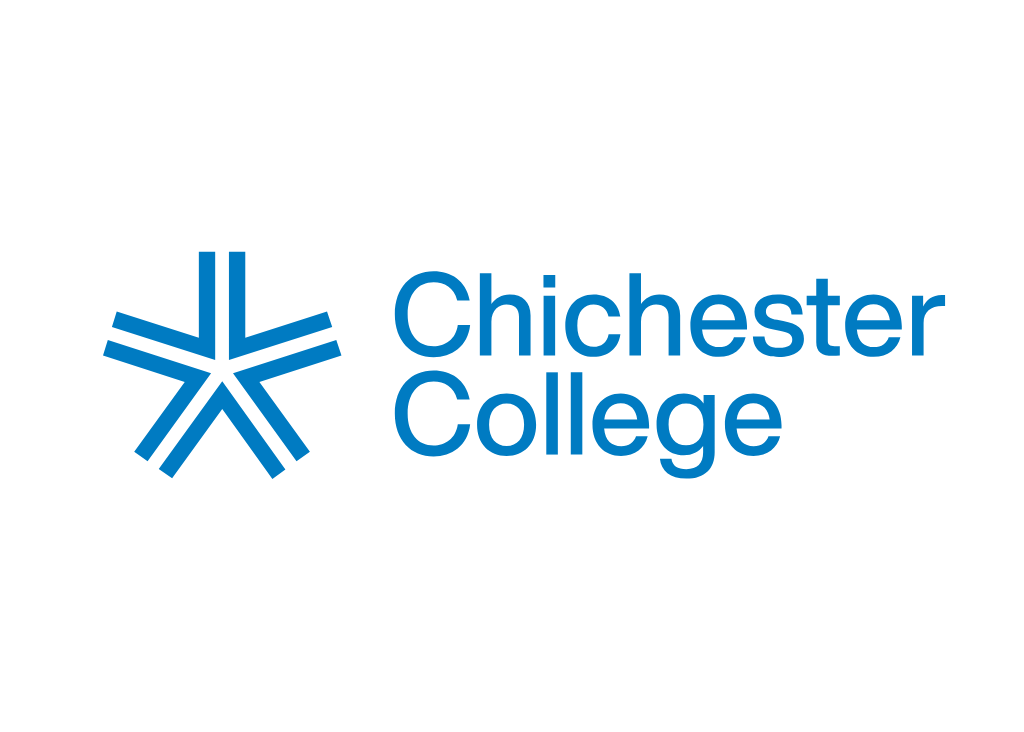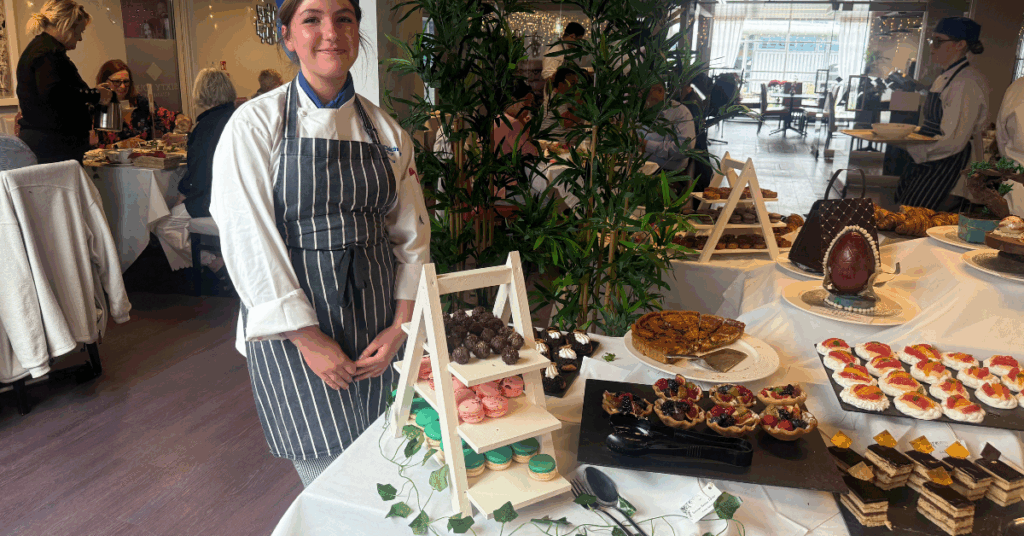
A Spanish Adventure to Remember

Students from across Chichester College Group have been benefiting from an eye-opening visit to Tenerife.
As part of the Turing Scheme, 18 students from Chichester, Haywards Heath and Worthing Colleges visited the Spanish island to volunteer with the Atlantic Whale and Dolphin Foundation.
They also spent time supporting dog shelters on the island, as well as discovering more about the tourism industry – in particular supporting mountain tourism in communities that are struggling to recover following the Covid-19 pandemic.
For many of the students, it was an inspiring trip which has expanded their outlook on the world around them.
Millie Young, who studies criminology and travel & tourism at Worthing College, said: “I loved pretty much the whole trip, but I think my favourite part has been the among of activities and ideas that can actually happen.
“I loved the dog walking, horse riding and whale & dolphin boats the most, because it made me feel like I have a purpose.”
Leah Hamilton, a travel & tourism student at Chichester College, added: “My favourite activity was the whale watching, when we listened to the acoustics of the whales.
“It was such a great experience that you can’t get at home. They also came up really close to the boat, which was amazing.”
Through Chichester College Group’s student experience teams, students have the opportunity to take part in numerous trips and visits throughout the year – many of which are designed to enrich their learning experience and broaden their horizons.
Mickey Day, Senior Student Experience Coordinator for Chichester College Group, was one of the staff members supporting the two-week long trip which also included scuba diving excursions.
He said: “This was a fantastic opportunity for our students to step outside their comfort zone and take part in experiences that have changed their views on the world around them.
“Working with the Atlantic Whale and Dolphin Foundation, they learnt about whale communications and explored interspecies communications – how whales communicate with us. They also discovered how the foundation works to promote whale and dolphin watching to support conservation and educate tourists.
“Our students also discovered the struggle dog shelters have faced following the pandemic, with many people leaving Tenerife and abandoning their dogs because it was too problematic for them to take them. It means shelters have really struggled in recent years, which has inspired our students to look at fundraising ideas to help support them.
“We also discovered the impact Covid-19 has had on the smaller tourism industries in the mountains, which struggles to compete with the mass tourism on the coast. There really was a lot for our students to take in and learn.
“And many of them overcome some personal barriers to get involved in other group activities, which has helped them to improve their confidence and develop vital skills – as well as engage in mental health and wellbeing mentoring.
“To see them grow over the two weeks was really inspirational, and I know many of them have been invited back in the future to get involved in more activities.”


